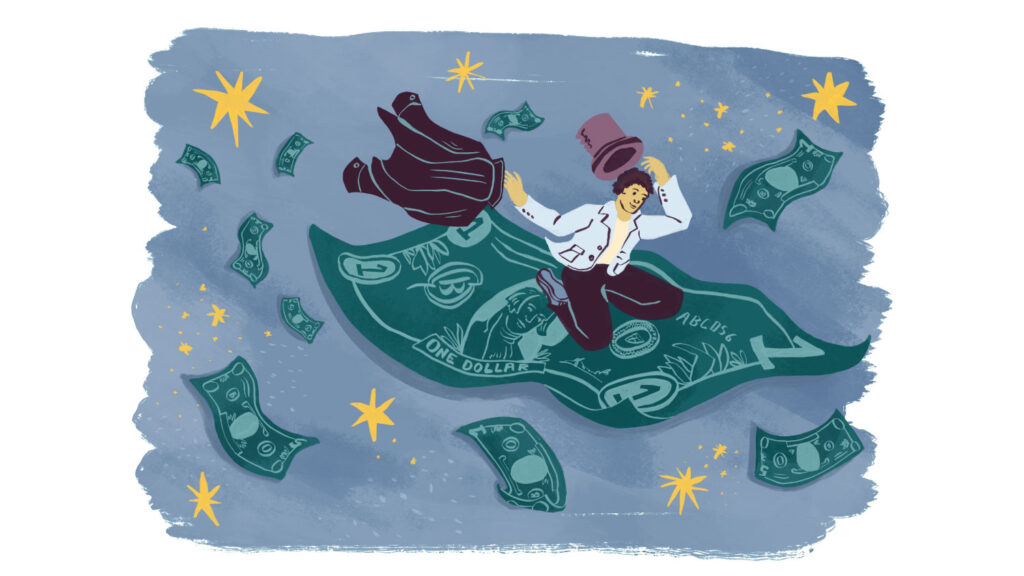
What is Money? Managing Money
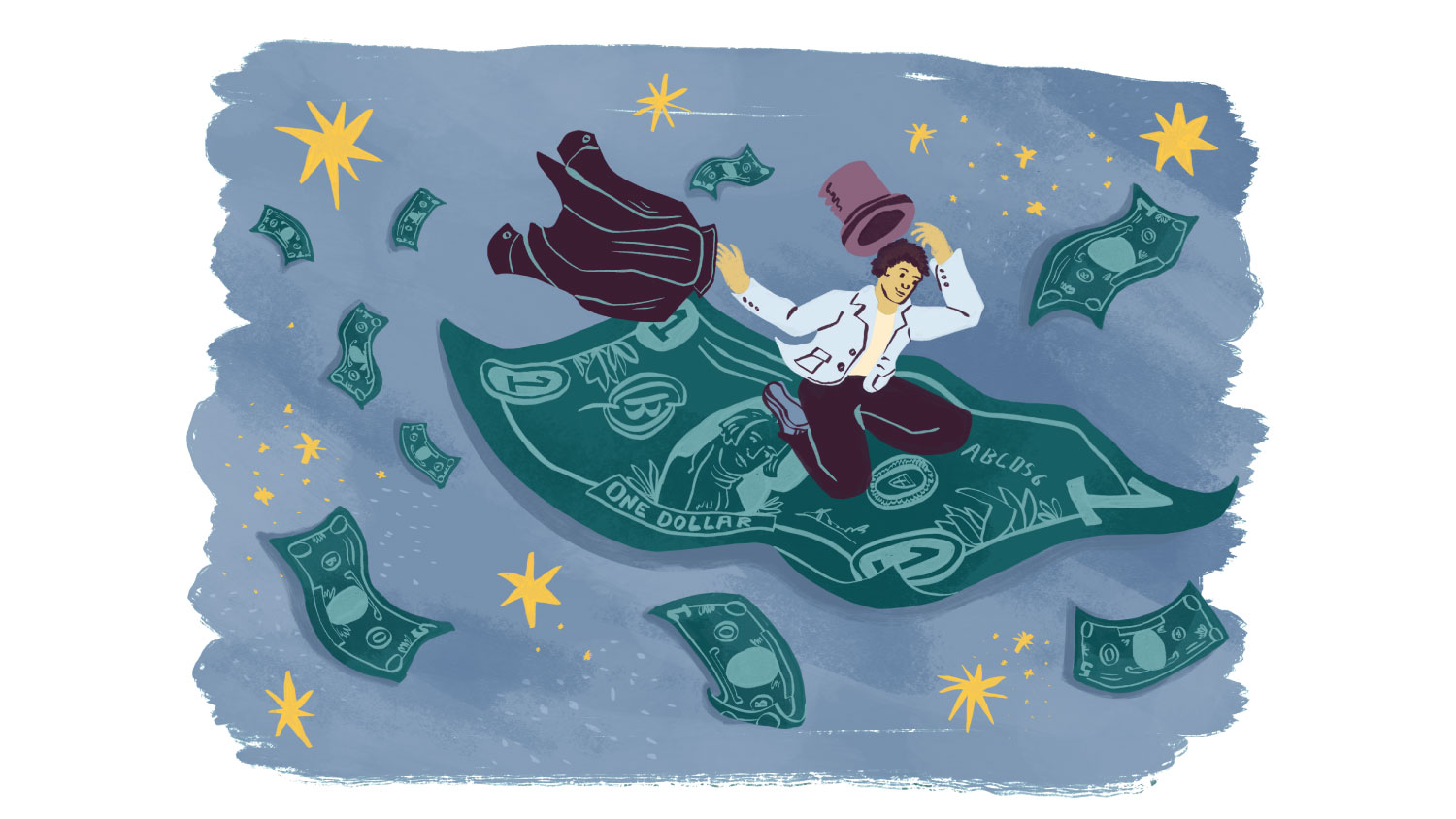
What is Money?
Managing money can be difficult, but we are here to help you along the way.
Money can come in various forms such as coins, banknotes, or plastic bank cards. It is a way to pay for items and to provide safety.
You use it to exchange items and materials. Exchange means to give one thing to someone and get something else in return. Normally it is something that is of the same value.
Managing your money can be shown by spending and gaining new products, clothes and various items.
Your parents may own money in coins, notes, and bank cards. They often refer to their cards as credit or debit cards. You may be thinking about applying for your first bank card very soon. This would also be a good understanding of managing your own money.
A new job, such as a paper round in the morning, could provide you with money in the form of coins and banknotes.
This is a brand-new experience for you that will allow you to exchange money for other items you would like to have. Like a brand-new bike so that the paper round can be done quicker.
Money can also be seen as an important practice to keep a hold of and save for your future endeavours.
How can it money be used in real life?
At your age, money will start becoming important. You will use it to go watch a film at the cinema with friends. Birthday money might be given to you by family members to buy the latest online game. Managing money like this is an example of spending for your enjoyment.
Another real-life way of spending money may be for your house, electricity or after-school lessons. Some of the item’s adults could spend their money on can be separated into two simple categories:
- Big payments – Electricity, Housing/Rent, Cars, Lessons, Water, Gas, School Dinners, Transport (bus tickets), Food/Drink Shopping, and Holidays.
- Small payments – Eating out, Hotels, Household items, Events such as Concerts, Clothes, Music, TV subscriptions (Netflix, Sky, Amazon Prime), Books, Uniform, Gaming.
Can you think of any more items that adults might pay for that aren’t listed here that may show managing money? Where would that item be put? In big payments or small payments? This is the first step to managing money!
Adults are usually paid from their job at the end of each month and can use the money they earn to provide these items for their families. We understand what they may spend their money on. Therefore, we need to look further at how people balance costs and save money after all these factors. How do adults maintain their money?
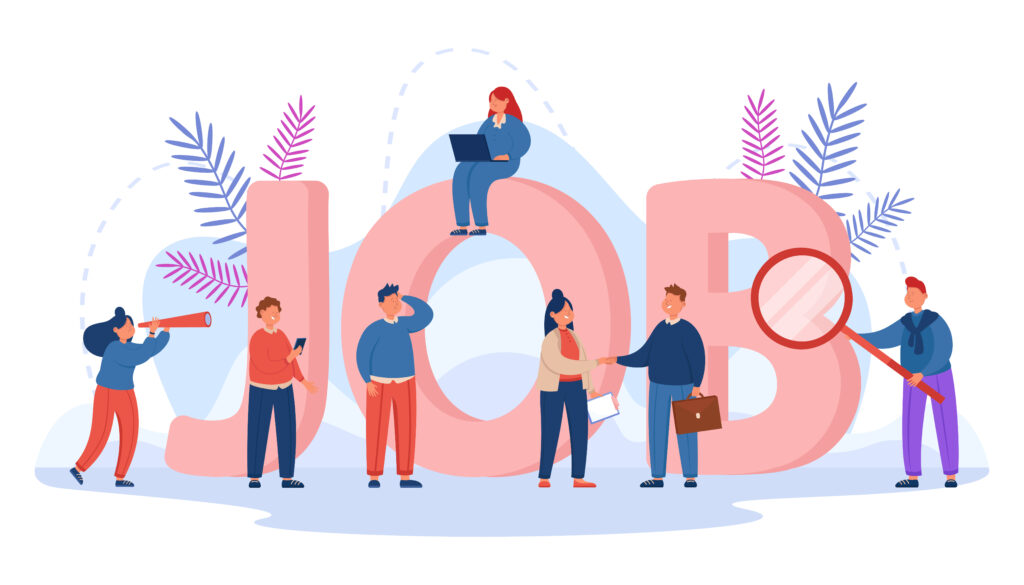
Positive Aspects of Managing Money and Spending
Managing money can feel good. I’m sure you have seen people in expensive sports cars on TV. Someone may bring in a new toy to school that seems exciting and expensive. These people look cool, attract a fun life and seem to get the opportunity to do new and exciting things. But is this managing money in a positive way? Or does it just look like it?
- You can do amazing things with money. The more you save, the bigger and better your experiences can be. You can go skydiving, travel to a new country, live in a big house, and wear a beautiful dress to an exciting event. This can also be important when managing the money you may receive for your job and what exactly your job is. This type of money is called income.
- Safety is very important to managing money. A lot of money provides comfort and sustainability for a family.
- You can think about your future career goals. You can use the money for more exciting adventures and projects. It gives your life a purpose.
- You can provide other people, people you love and care about, with money.
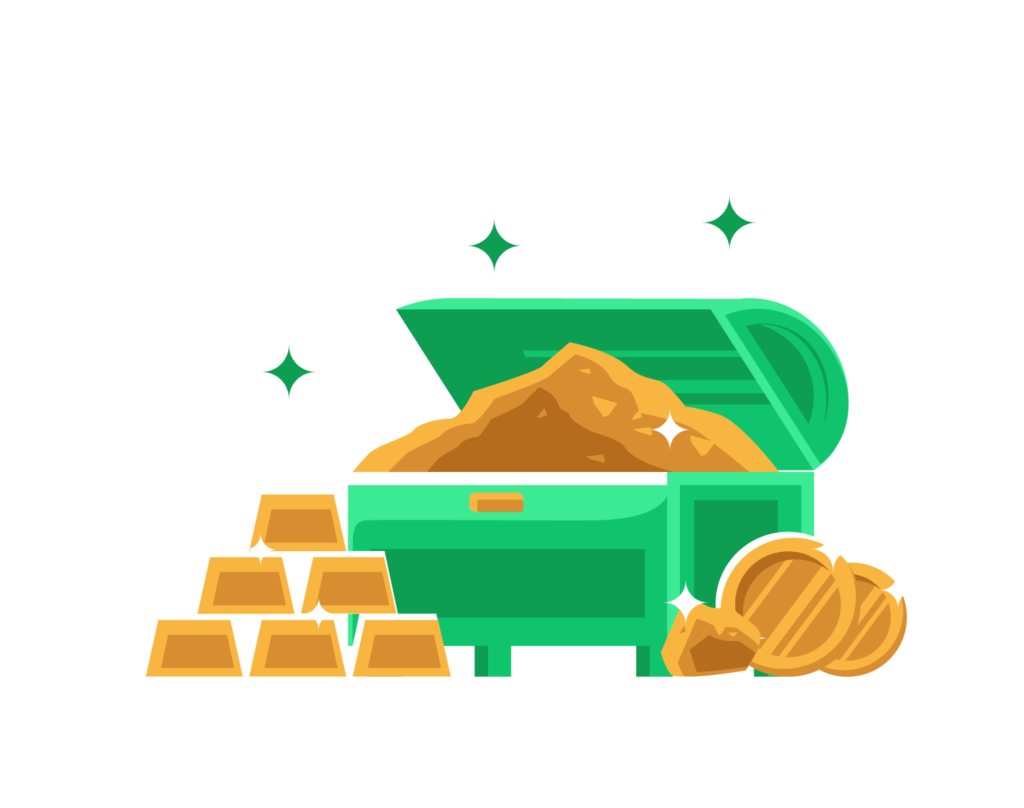
Negative Aspects of Managing Money and Spending
- Once money is spent, it is hard to get it back. Managing money can be difficult, as can trying to spend money on the right things. You may buy some new clothes that will make you look cool, but if you don’t spend the money on your house, you could be evicted from where you live. This can be incredibly bad for you and your family.
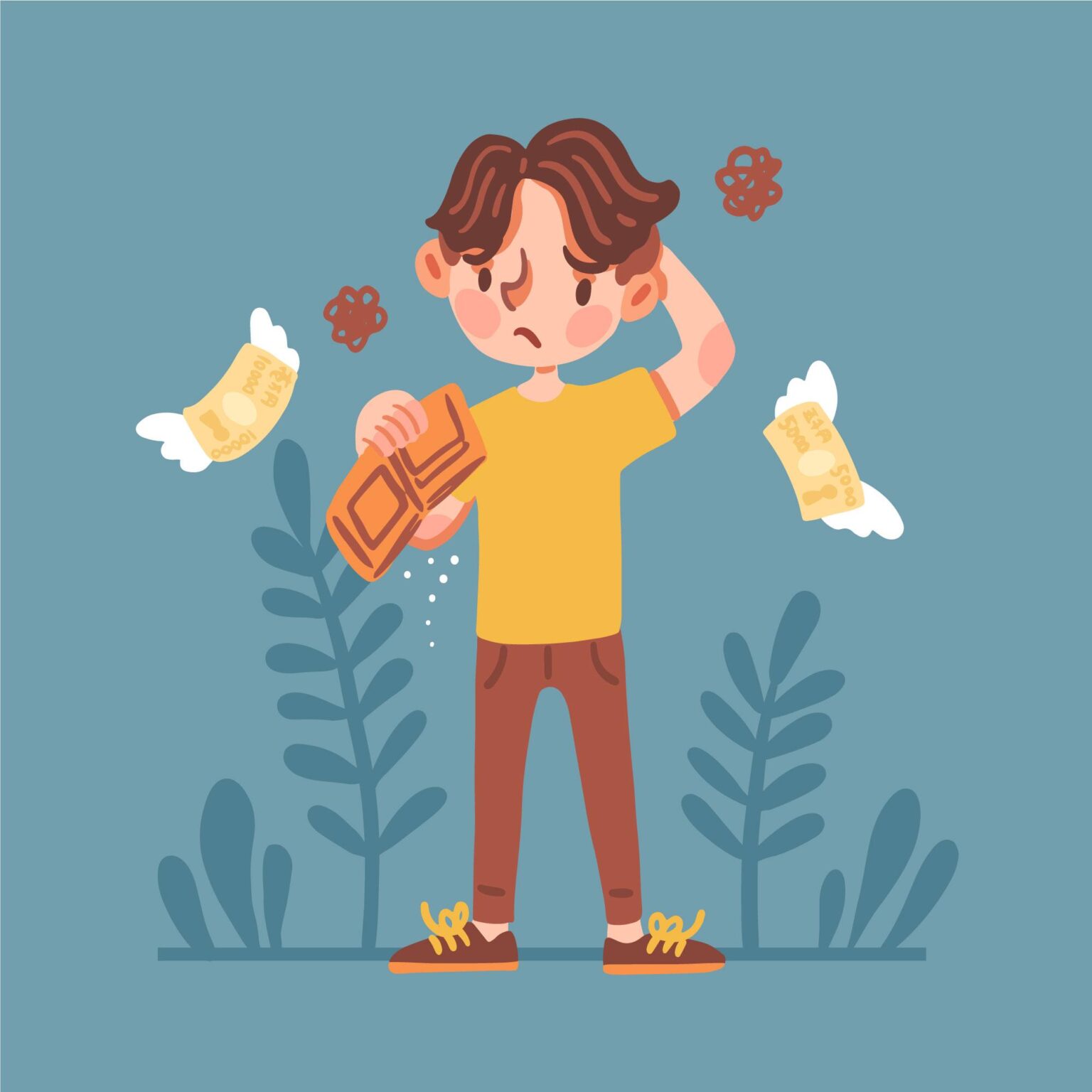
- Adults can make this mistake throughout their lives, and it often causes negative feelings towards other people. Adults can get angry, frustrated and anxious when they aren’t managing money correctly. This can influence children like you. This can make you upset, angry, and sad.
- Families can have managing money problems when they don’t have enough money to buy everything they want. If they don’t have enough money, these emotions can also happen very often. This may happen because the income they receive from their job may not be able to pay for everything they want and need.
How can I manage money positively?
- Saving can be better in the long term. If you save more, you can spend more. You can look at payments, big or small, and choose which is better to spend your money on. Buying food for the family is more important than going on holiday all the time.
- Putting money into an account with the bank can provide someone with the opportunity to look after your money. It provides safety and allows them to keep their money in a healthy and happy environment than if they were to keep it in their house or room in coins and notes.
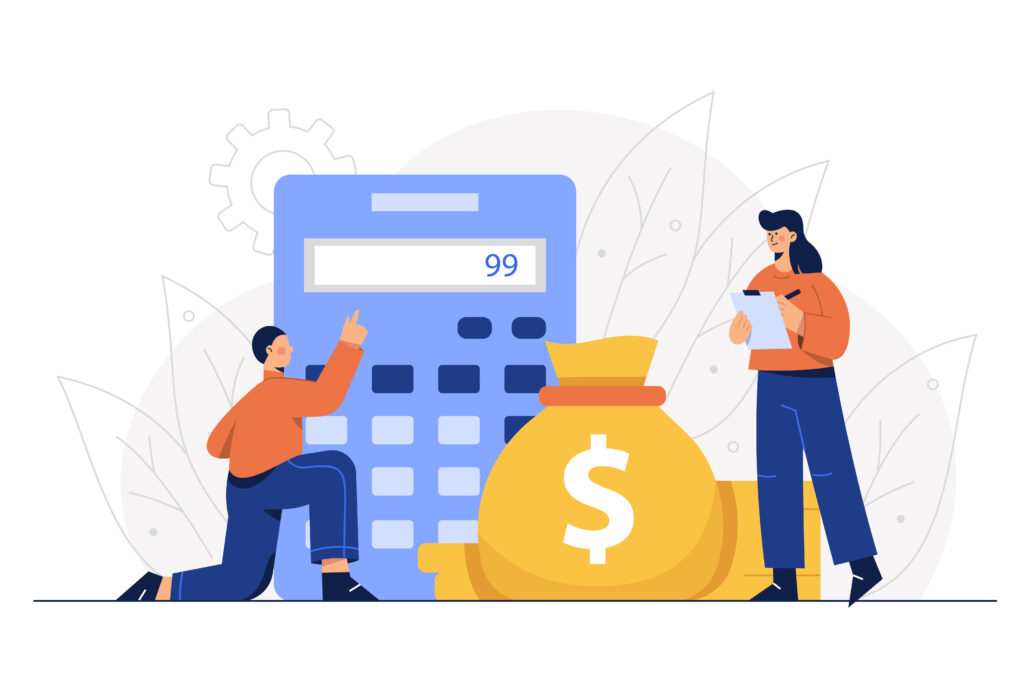
- Investing in businesses that are already earning a lot of money can increase yours also. Giving money to others can allow them to take your money and turn it into something more!
- Save up with someone else! The more people save their money and put it together, the more you can spend it on too. This is why partners are often together. Partners and your parents/guardians can put both of their money for each month together and spend it on bigger things like guitar lessons or buying a new car.
Activity 1
Let’s say you are given £100 for your birthday. What would you spend it on?
Write down a list of all the things you want in life. From your favourite chocolate bar to a long-term goal of yours like travelling to Japan.
Order them from most important to least. Have a go at looking online to see how much it would cost for each item. You may need a parent to help you with the long-term goals and finding this information. Once you have found the price of each, reorganise these into important to least important and see how managing your money based on the price can have an effect on your decisions. Did anything change in your list? Why?

Activity 2
What do your parents/guardian/teacher spend money on every month?
Try to list these items yourself and ask them what they pay for. We don’t need to know the price, just the items.
This can make you understand how your house works, and managing money and saving may also help your family pay for some of these items in the long term.
Fun Games – Take your Learning about Managing Money Further…
Online Games for 7-11 year olds to do with money – Money games for kids (topmarks.co.uk)
Online Games for 7-11 year olds to do with money – Number Games for Key Stage 3 children (topmarks.co.uk)
Want to test your knowledge on how to use coins and notes? Want to learn how to give change back to a customer? Check out BBC Bitesize and test your knowledge in their money quizzes – Money – KS1 Maths – BBC Bitesize
Interesting study on currency – BBC Bitesize – What is currency? – BBC Bitesize
Further games on Money to do with Trading, Collecting Cash and running an Business – Money Games | Play Online at Coolmath Games
If you understand what money is and want to branch out to explore the financial aspect a bit more check out our course further and taking our online learning programme here at CFS! You’ll be a money making whizz in no time!

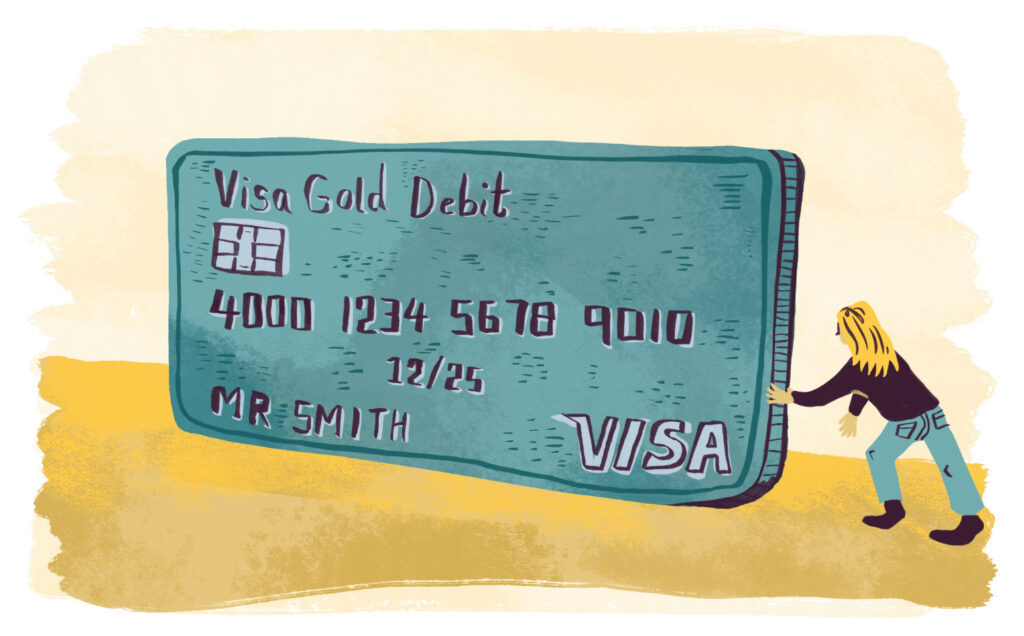
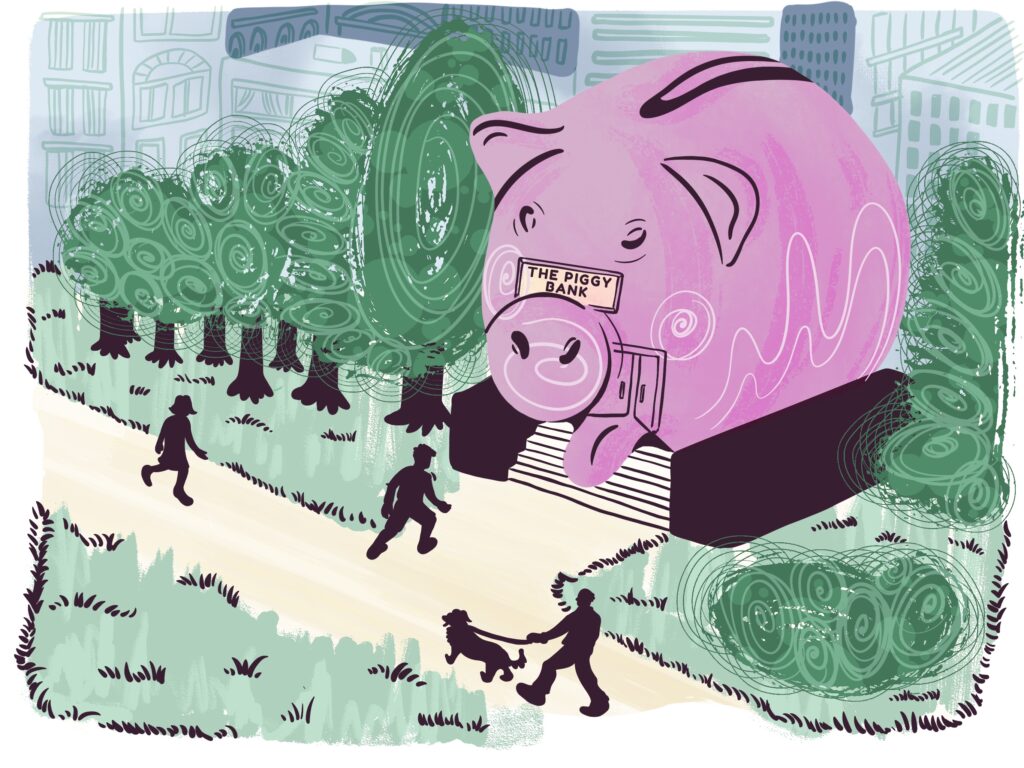
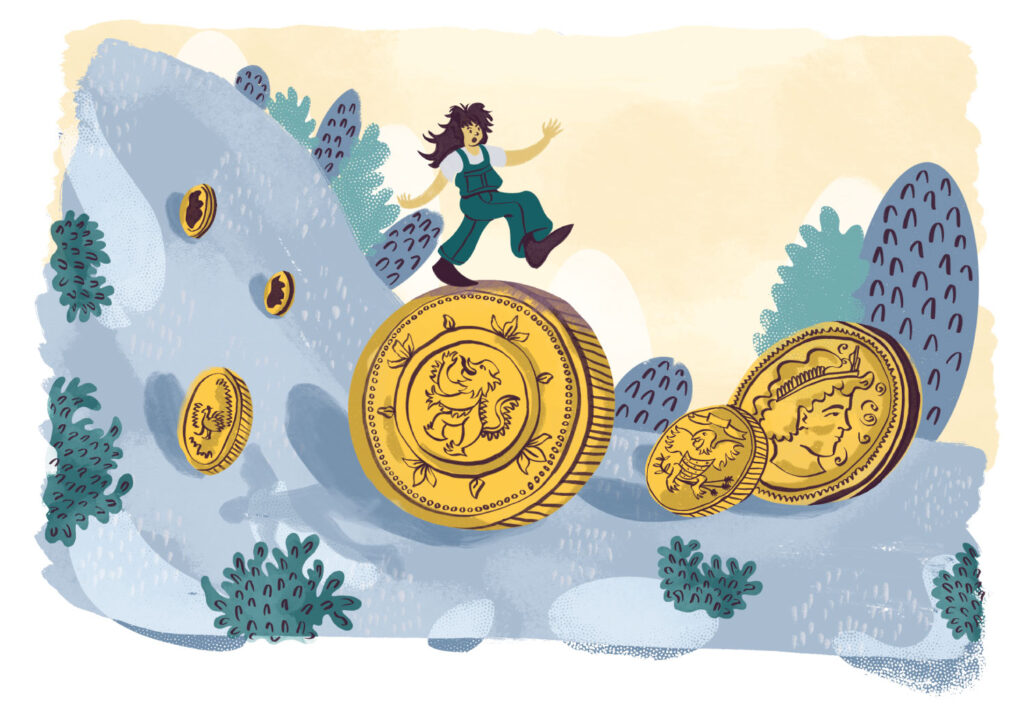
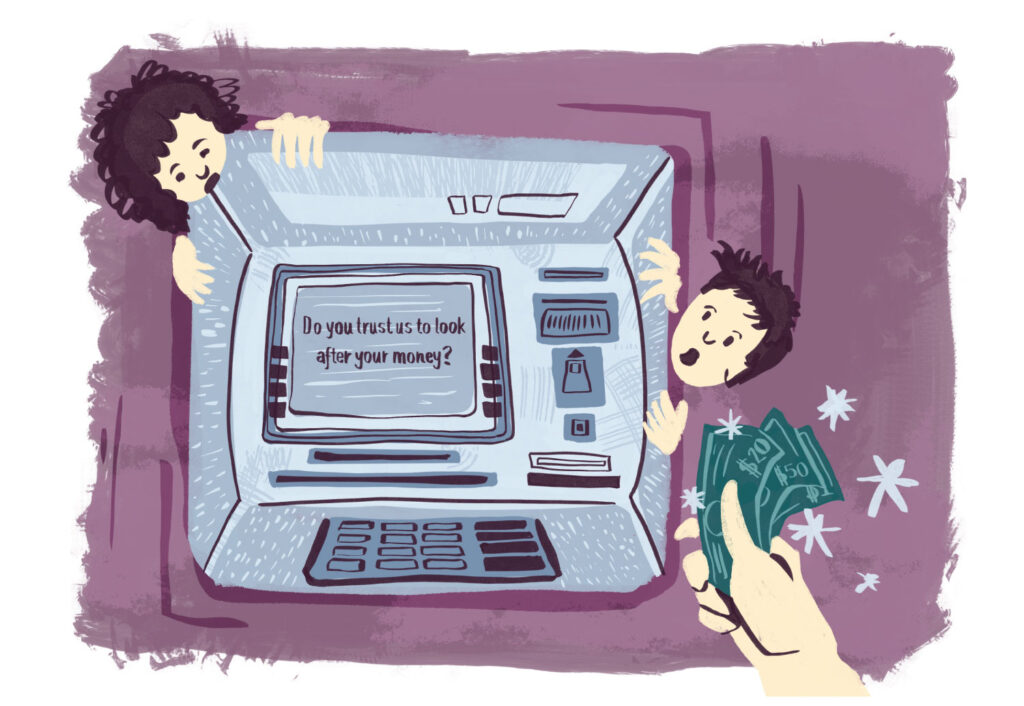
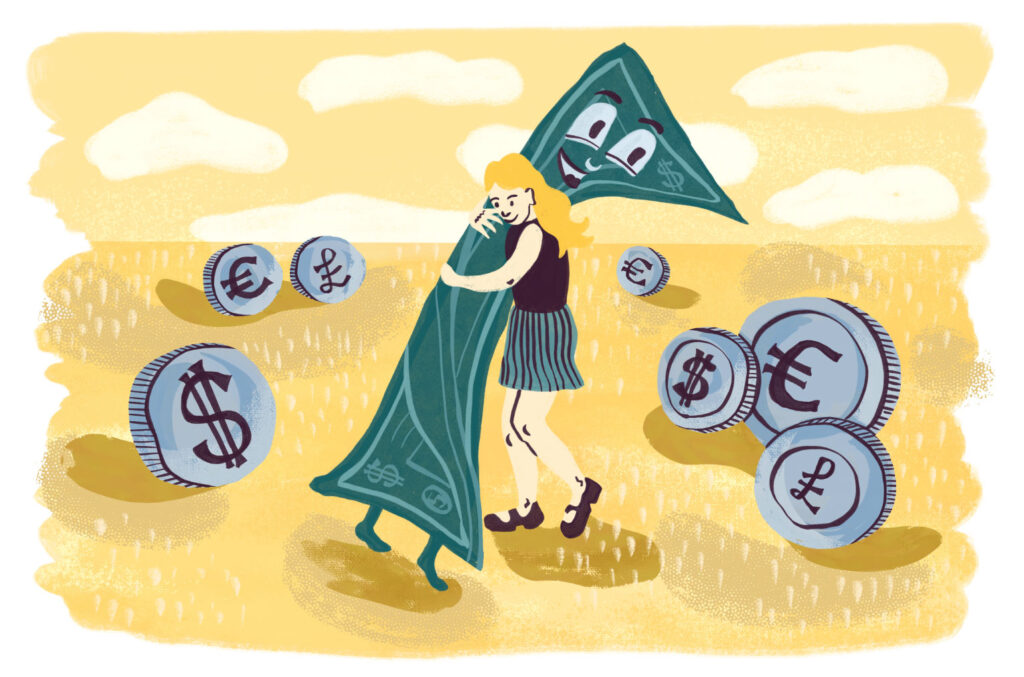
Responses